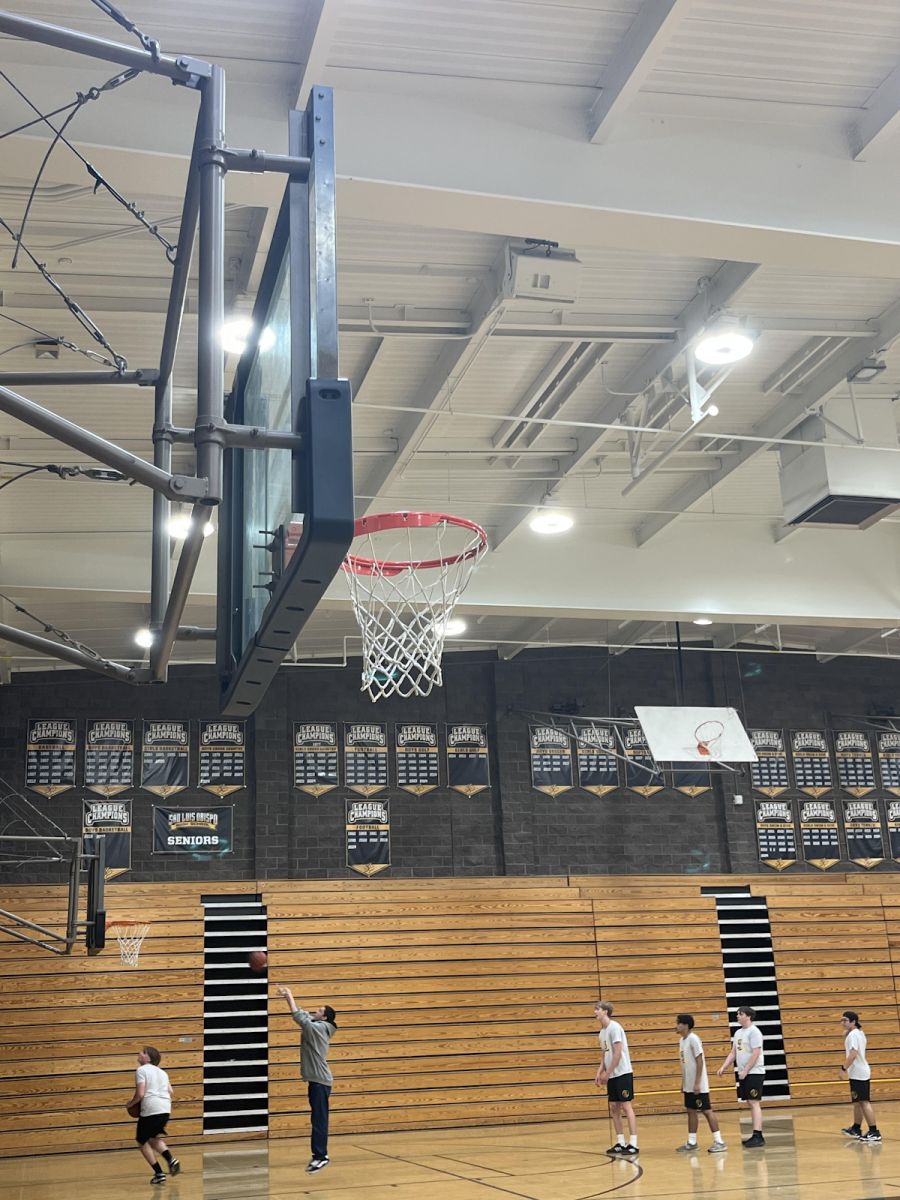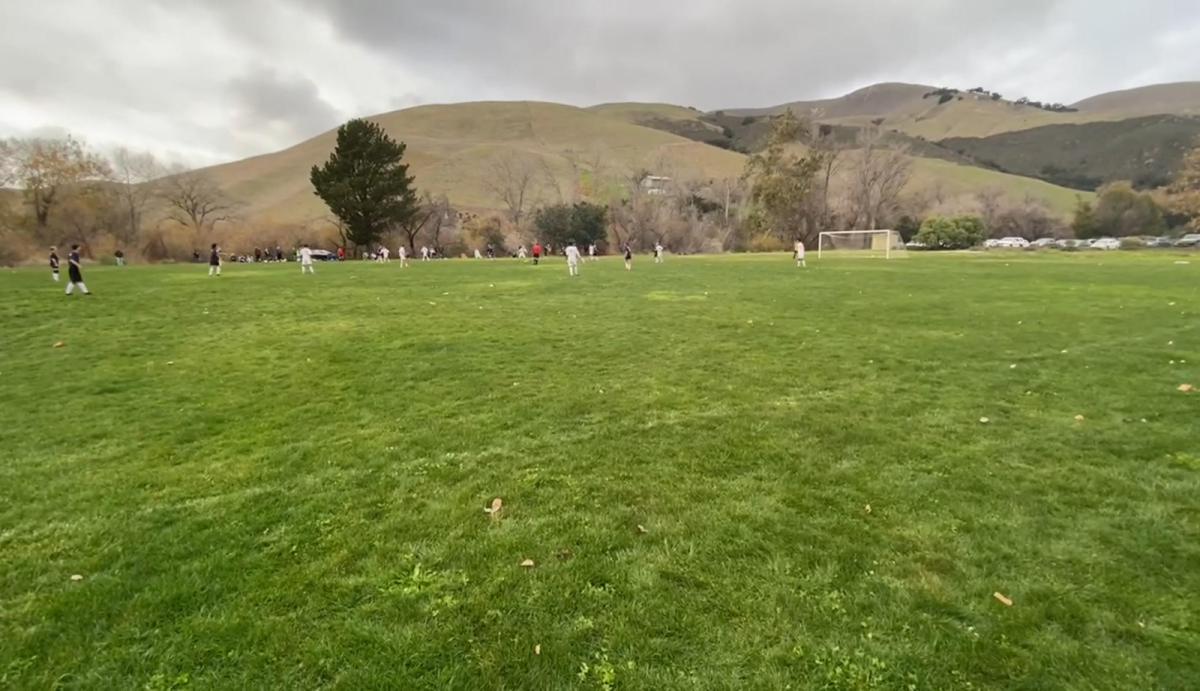As I sit writing this in the library, while serving my Saturday School detention, I look around at faces groggily rubbing sleep from their eyes, filled with remorse for that last time they were a couple of minutes late to their first period class. Here they wait, left to work on homework, perform menial labor, and sob silently to themselves for hours on end. Though the program has good intentions in enforcing San Luis Obispo High School’s tardy system, it’s ultimately flawed and unnecessary, amounting to punishment that’s both cruel and unusual.
The institution of Saturday School is meant to punish actual truants–kids willingly ditching school to hang out with friends, for example–yet it also ends up targeting the average student. Anyone that’s been late nine times in a trimester (spanning around seventy school days) is dished out this weekend detention, but for many people, that number is easily attainable. It’s not hard to be a minute or two late, yet our tardy policy doesn’t distinguish between the student running in a few minutes late, still ready to learn, and those coming in 17 minutes after the bell, missing a significant chunk of the learning period. Even if each of your tardies was due to a couple minutes of missed class time, the school has deemed that you owe them the first three hours of your Saturday.
Upon protest of my conviction, after the always-shameful journey to the administration office, I was told that our punishment for lateness prepares us for being punctual in our real jobs. These rules clearly have a good purpose, but they fail to recognize the differences between work and school. Whereas students are followed home by the stresses of homework and extracurriculars, and are often forced to lose sleep in order to complete everything, adults working a job with set hours only work those hours. It’s unreasonable to hold students to the standard of being awake and on time by eight o’clock in the morning when most jobs don’t require employees to start that early, and especially when school work is so often the culprit of disoriented and sleep-deprived students.
Perhaps the most important qualm with Saturday School is its uncanny resemblance to a prison. Though SLOHS usually makes the effort to respect students, here, the same students are treated like criminals for the grave sin of being a little bit late some days. They’re stripped of privileges such as talking and cell phone use and are watched intently by the hawk-eyes of supervisors, waiting to pounce on any whispers heard. In my experience, one supervisor, in what I could only assume was an impersonation of a federal penitentiary warden, disrupted the room to loudly scold a kid for talking quietly to his neighbor while doing homework. No punishment over tardies needs to be this serious.
In similar prison-mimicking fashion, Saturday School seems to attract a disproportionate amount of minorities as to our school’s actual population. Though it is important to hold all students to equal standards of punctuality, our rules ignore the additional obstacles faced by those of lower income families (commonly overlapping with minorities), for whom getting to school on time may be more difficult. Though this may not even be the case for SLOHS’s apparent minority issue with tardies, if there’s an unusually high rate of any one group being given Saturday School, we should be looking to get to the root of the problem and help that group, rather than crack the whip on them.
Saturday School isn’t all bad. It provides a solid productive block of time to get some homework done, which doubles as a time to reflect on one’s lapses in punctuality that might affect them down the road. However, our system is flawed in such a way that these mistakes are painted much bigger than they actually are. We shouldn’t be tearing away students’ weekend mornings and handling them like inmates due to trivial minutes lost to lateness.




































